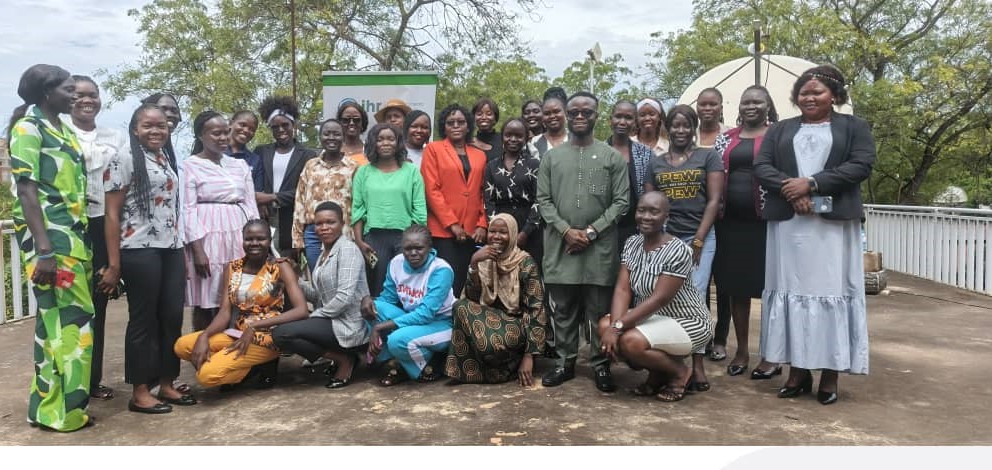South Sudan's English Daily Newspaper
"We Dare where others fear"

By Jenifer James
The Chairperson of the Association for Media Development in South Sudan (AMDISS), Josephine Achiro, has urged female journalists to adopt gender-sensitive reporting by ensuring that both women’s and men’s voices are equally represented in their stories.
Speaking on Thursday at the opening of a two-day training session for female journalists in Juba, Achiro emphasised that women in the newsroom should not only seek out women’s stories but also ensure balanced reporting.
“When we talk about conflict-sensitive and gender-sensitive reporting, we are talking about equalising the voices,” she said. “We are not saying you should only look for women’s stories. Make sure those stories represent all voices.”
Achiro described the gathering of female journalists as “a dream come true” and encouraged participants to advocate for fair representation in newsrooms that are often dominated by men.
“In your newsroom, if the editor is a man and you see women’s voices are not being given an opportunity, push,” she urged. “Wake up one morning, come up with your own stories, and balance those voices.”
The AMDISS chairperson also reminded participants that journalism is about telling stories from everyday life, not just waiting for conferences and official events.
“There are many stories on the streets. Our issues are clear. Just sit down, pick an angle, and talk to the right people,” she said.
Meanwhile, Mary Ajith, Programme Manager of Journalists for Human Rights (JHR) in South Sudan, stressed that journalists have a responsibility to highlight stories that improve people’s lives.
“Daily, things are happening in your communities. If you report them, they can change lives,” Ajith noted. “Stories of girls dropping out of school and of women struggling to support their families—these are human interest stories that must be told.”
Ajith added that South Sudanese journalists have the capacity to compete internationally and urged participants to leverage their resilience and diverse backgrounds to strengthen their reporting.
Mustapha Dumbuya, JHR Director for African Programs, applauded the courage of women journalists working in a male-dominated profession.
“Your work is not just journalism; it is a lifeline for amplifying marginalised voices, especially those of women and girls who are often underrepresented,” Dumbuya said. “Female journalists are in a better position to tell these stories with nuance and context because they have lived experiences of the challenges women face.”
The two-day training, organised by Journalists for Human Rights in partnership with Global Affairs Canada, focused on strengthening gender-sensitive reporting and promoting fair representation of women in South Sudan’s media industry.



